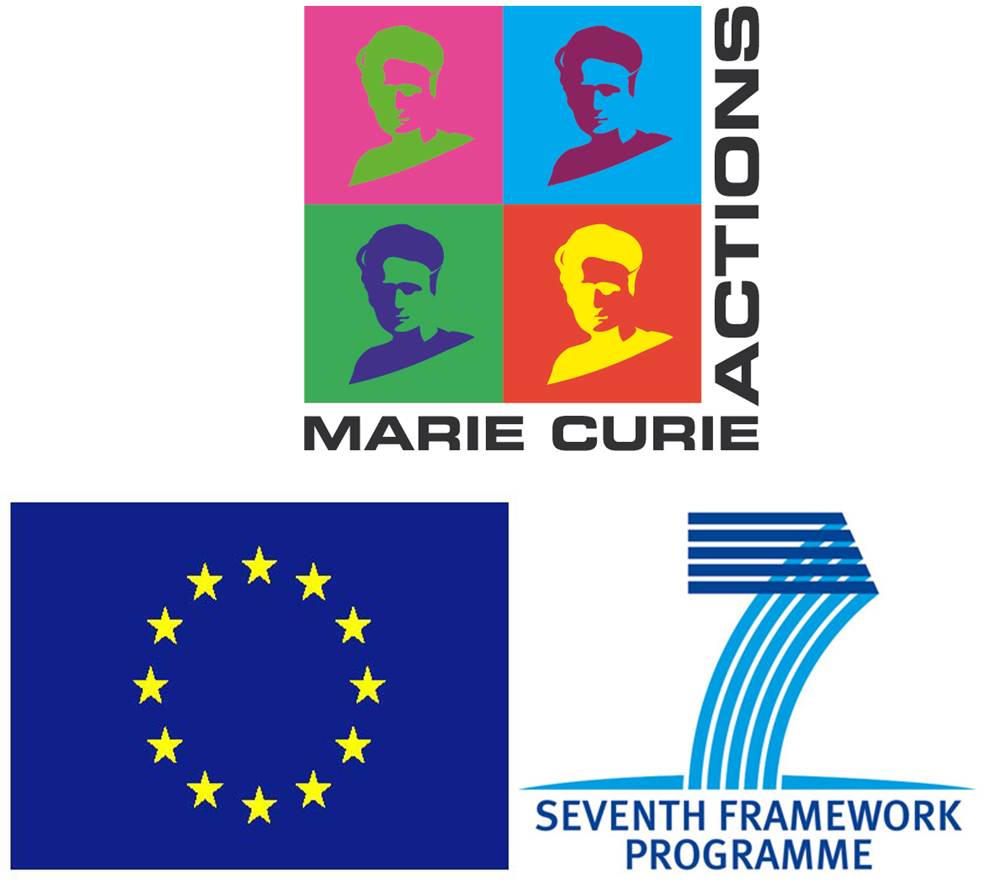EDA-EMERGE Training Objectives
EDA-EMERGE organizes extensive training courses on the concepts and strategies behind the identification of emerging pollutants using novel chemical and biological tools and river basin monitoring programs in the EU. An extensive training program will thus be implemented to provide competences in:
- European regulatory framework on monitoring, assessment and management of emerging pollutants in European river basins.
- Conventional and novel biodiagnostic tools and their applicability in effect monitoring and EDA, among them innovative fluorescing vertebrate models and “omics”-based techniques.
- Concepts and practice of EDA of complex contamination of different environmental matrices.
- Sampling and sample preparation techniques for subsequent biological and chemical analysis.
- Theory and practice of separation techniques for fractionation and analysis.
- State-of-the-art tools of chemical analysis and structure elucidation.
Strategy
The training program is closely interlinked with research in EDA-EMERGE providing the trainees with the skills and scientific knowledge needed for a successful and competitive PhD thesis. Research in EDA-EMERGE will benefit from these well trained fellows, who will advance the state of the art and share new knowledge and techniques at EDA-EMERGE workshops, at research meetings between individual groups, and during their secondments.
An excellent scientific and practical level of training for ESRs is ensured by hosting and supervision by outstanding experts in the field with extensive teaching expertise and by intensive integration and interaction within EDA-EMERGE. This allows ESRs to benefit from the expertise of the whole consortium rather than just the hosting group. In addition to training via research and the course programs, all trainees will be involved and mentored in the coordination and management of WP2 involving academia and the private sector.
Specialized Courses
Using the ![]()
![]() summer school in Leipzig as a platform, each EDA-EMERGE partner will host a specialized course (SC) on specific issues including practical exercises for interested ESRs from all partner institutions. It is expected that every ESR attends at least two of these SCs during their fellowships. The typical duration of a SC is 1-2 days and will be offered as long as at least three ESRs can participate.
summer school in Leipzig as a platform, each EDA-EMERGE partner will host a specialized course (SC) on specific issues including practical exercises for interested ESRs from all partner institutions. It is expected that every ESR attends at least two of these SCs during their fellowships. The typical duration of a SC is 1-2 days and will be offered as long as at least three ESRs can participate.
Local Scientific Training
High quality supervised training through research will be supplemented by a diverse and complementary pool of local courses. These postgraduate training courses include a wide range of scientific and soft skills enabling cooperative learning with other international PhD students from different projects and supplements the already significant scientific and educational expertise of the participating institutes. Seven specific postgraduate programs with an international perspective and recognized quality are offered within the EDA-EMERGE network. ESRs at hosts without a specific postgraduate program (e.g. SMEs and other private companies) will follow the programs offered at the universities where they will defend their thesis. The following programs include:
- HIGRADE graduate school at UFZ. Coherent framework at UFZ and six partner universities for qualifying a new generation of internationally competitive doctoral candidates in the field of environmental research. Graduate education in HIGRADE is structured, systematic and adapted to the individual needs of the doctoral candidates.
- The RWTH graduate program in Applied Environmental Science offers a broad spectrum of high quality and focused courses to graduate students and for the benefit of EDA-EMERGE fellows. A local course on bioanalytical tools will be done in the Student’s Lab Fascinating Environment (SLFE).
- SETAC/GDCh post-graduate program Ecotoxicology. To meet the demand for ecotoxicologically well-educated scientific experts by industry, academia and regulatory institutions the Society of German Chemical Society (GDCh) and the German Language Branch of the Society of Environmental Toxicology and Chemistry (SETAC-GLB). RWTH hosts 4 out of 10 courses within this training program and practical modules are located in the SLFE.
- ESRs placed at NIVA will be eligible to attend all post-graduate courses offered by the University of Oslo and the Norwegian University of Life Sciences. This includes courses in research ethics and general environmental sciences.
Soft Skills
EDA-EMERGE wide training in specific soft skills will be offered together with other network training activities, particularly the EDA-EMERGE summer school and the final EDA-EMERGE conference. These courses include:
- Scientific writing (peer-reviewed papers). This course will be given together with the summer school at the beginning of EDA-EMERGE (UFZ)
- Entrepreneurship and commercial exploitation of research results. Fellows will be trained in intellectual property right management, business planning and managing financing schemes for start-up initiatives.
- Grant writing on a national and EU level with a focus on how to find adequate funding sources for research on national, European and international level (UFZ).
- Training in live-media competence (RWTH) Training course in live-media competence. Focus on competence in the use of television to disseminate science to a broad audience as an emerging and highly important skill for scientists today. Interview training. Documentation of scientific results in short movies.
